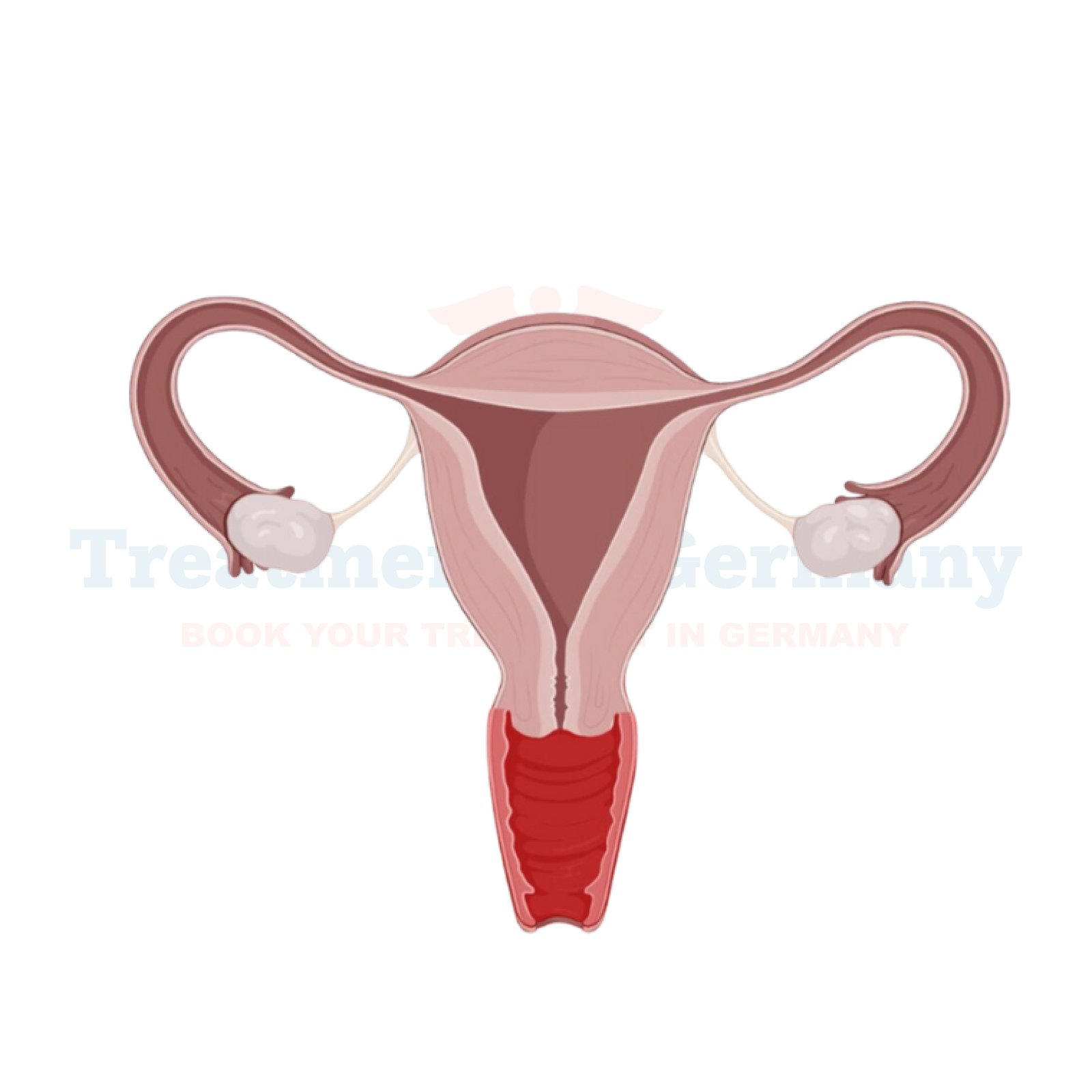Understanding Vaginitis:
Vaginitis refers to the inflammation of the vagina, often accompanied by itching, irritation, and abnormal discharge. It is a common condition among women of all ages and can be caused by various factors including infections, hormonal changes, or irritants.
Side Effects of Vaginitis:
The symptoms of vaginitis can vary depending on the underlying cause but may include:
- Vaginal itching: Persistent itching in and around the vaginal area can be a discomforting symptom of vaginitis.
- Abnormal discharge: Changes in vaginal discharge such as color, odor, or consistency may indicate vaginitis.
- Burning sensation: Some women may experience a burning sensation during urination or intercourse.
- Vaginal irritation: Redness, swelling, or soreness of the vaginal tissues can occur with vaginitis.
How is Vaginitis Diagnosed?
Diagnosing vaginitis typically involves a physical examination, a review of medical history, and laboratory tests. Your healthcare provider may perform a pelvic exam to inspect the vaginal area and collect samples of vaginal discharge for further analysis.
These samples may be examined under a microscope or sent to a laboratory for culture to identify the specific cause of vaginitis, whether it be a bacterial or fungal infection, or other underlying factors.
Potential Treatments of Vaginitis:
The treatment of vaginitis depends on its underlying cause. Some common treatment options include:
- Antifungal Medications: If vaginitis is caused by a fungal infection, such as Candida (yeast infection), antifungal medications in the form of creams, suppositories, or oral tablets may be prescribed to clear the infection.
- Antibiotics: Bacterial vaginosis, another common cause of vaginitis, may be treated with antibiotics to restore the balance of bacteria in the vagina.
- Hormonal Therapy: For women experiencing vaginitis due to hormonal changes, such as menopause, hormonal therapy in the form of estrogen creams or vaginal rings may be recommended to relieve symptoms and restore vaginal health.
- Avoiding Irritants: Avoiding irritants such as scented soaps, douches, and tight-fitting clothing can help prevent further irritation and promote healing.
- Lifestyle Changes: Maintaining good hygiene practices, wearing breathable cotton underwear, and practicing safe sex can help prevent recurrent episodes of vaginitis.
👉 Contact us for further information and receive acomplimentary consultation.


.webp)
 (1).webp)

.webp)
 (1).webp)


.webp)
 (1).webp)

.webp)
 (1).webp)
